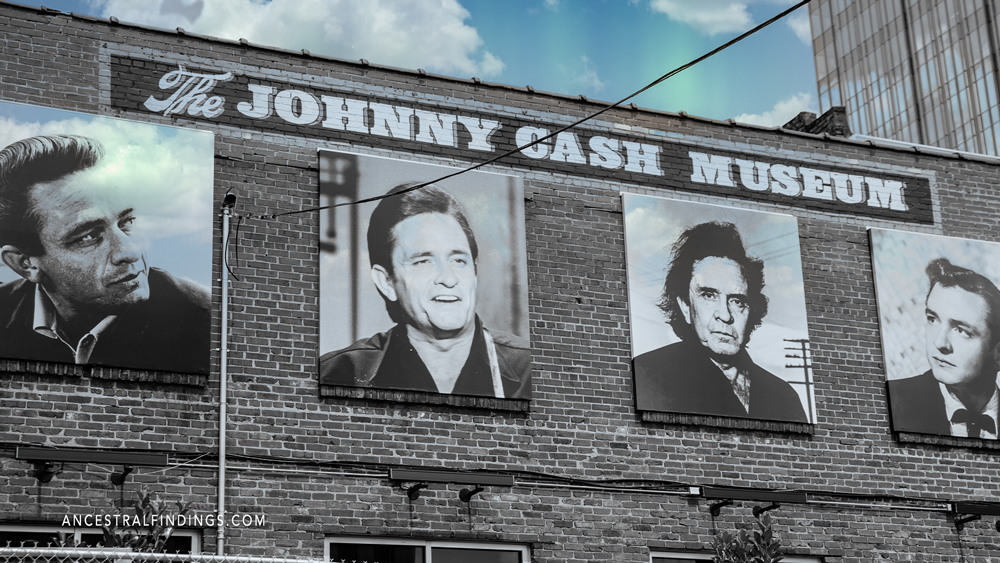The city of Nashville is the capital of the US state of Tennessee. It is also the most populous city in the state and the county seat of Davidson County. Located along the picturesque Cumberland River, it is the twenty-third most populous city in the country.
The city is named after Francis Nash, who was a general in the Continental Army during the American Revolution. Nashville was founded in 1779 and became an important American city pretty swiftly after that. Its primary importance came from its location, which included a port on the Cumberland River.
Later, the railroad was built through Nashville, making it an even more important transportation hub. The city seceded from the Union along with the state of Tennessee during the Civil War and was the first capital city of the Confederacy to fall to the Union during that war, in 1862. While it spent time being subject to control by Union troops, it bounced back quickly after the war and became an important transportation and manufacturing base in the newly reconciled United States.

Today, Nashville operates under a consolidated government, meaning the city and county governments are merged there. The city has a mayor and a vice-mayor, a metropolitan council with forty people on it, and is the location of the Tennessee Supreme Court and State Capitol Building.
The city is known for being a major center for the country music industry. In fact, its best-known nickname is Music City. It is also the location of several well-known colleges and universities, like Trevecca Nazarene University, Vanderbilt University, Belmont University, Tennessee State University, Fisk University, and Lipscomb University. Another, lesser-known nickname of the city is the Athens of the South, because of the many institutes of higher learning that are located there.
The city was founded by James Robertson and John Donelson, as well as a group of Overmountain Men, by the old location of Fort Nashborough (the original settlement of Europeans in the Cumberland area). Because its strategic location as a transportation hub made it so desirable as a city, its population quickly skyrocketed, and Nashville was named as the permanent capital of Tennessee in 1843.
The city was considered one of the wealthiest ones in the south, particularly among southern state capitals, because of its success in farming tobacco and hemp, as well as for its renowned breeding of thoroughbred horses and other livestock. Another part of Nashville’s wealth came from it being the leader in the south in the production of iron. It relied on slave labor to help build the infrastructure of the city. The city government of Nashville owned twenty-four slaves in 1831, and sixty just prior to the Civil War. These enslaved people were put to work building the city’s successful water management system, as well as in maintaining its streets.
There was an infamous cholera epidemic in Nashville in 1850 in which former US President James K. Polk (along with numerous others) was killed. In fact, the cholera epidemic is estimated to have had about eight hundred casualties before it left the city.
The racial relations in Nashville after the Civil War were not great. The Nashville chapter of the KKK was founded about three years after the end of the war. The founder of this branch was a Confederate veteran named John W. Morton. Other chapters soon formed in the rest of Tennessee, and then in the rest of the South. This group was opposed to the newly freed slaves, as well as African Americans who had always been free, voting, and forming political groups. The KKK tried to stop them from doing these things, which often resulted in violence. The white allies of these African Americans were also targeted by this hate group.
There was another cholera epidemic in Nashville in 1873. This time, it wasn’t limited to just Nashville, but to other areas along the Cumberland River, and in other parts of the United States. It is estimated that about one thousand people were killed in this particular cholera epidemic.
After the city took back its place as a primary trading and shipping location for the south and started to build its manufacturing base after the Civil War, the city became enormously prosperous. Wealthy businessmen and planters flocked to the city and build large, impressive mansions in the classical style in the downtown area. To show off the wealth of Nashville, a replica of the Parthenon in Greece was built in downtown’s Centennial Park.
Nashville has continued to be a prosperous and wealthy city into modern times, thanks largely to the music industry, through education, health care, manufacturing, and commerce all play important roles, too. Before all of this came into being, though, there were the Native Americans. The descendants of these earliest settlers lived in the area for millennia and left behind a rich archaeological record that includes the Paleoindian, Archaic, Woodland, and Mississippian eras and cultures.
The last group of Native Americans that lived in the Nashville area in what is considered the prehistoric period were the Mississippian people. The Mississippians seem to have completely vanished from the area. The reason why is not known, though archaeologists suspect it was a result of an explosion in their population combined with an extreme drought that was going on in that area at the time. These factors would have led to disease, malnutrition, and warfare with neighboring tribes over dwindling area resources.
No evidence of Native American habitation in the Nashville area exists from about 1500 AD to the late 1600 AD period. By the late 1600s, the Shawnee had moved into the Nashville area, followed by the rival tribes of the Cherokee and Chickasaw in about 1700 AD. The Cherokee and Chickasaw challenged the Shawnee for the land.
This tug of war between the tribes would come to nothing not long after Hernando de Soto led an expedition of Europeans through the Nashville area in the 1600s, the first known European expedition of this area. While the de Soto expedition was just marching through, French fur trappers soon came to the Nashville area and established a trading post here in 1689 close to the current site of the city. After that, Europeans kept coming, and finally permanently settled Nashville, moving the Native Americans out of the area for good, making room for the Nashville we now know.






